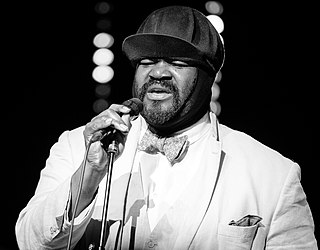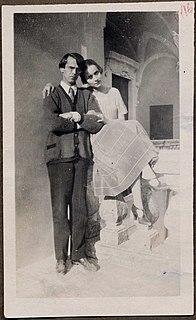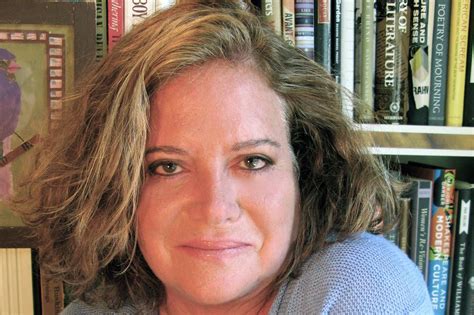A Quote by Charles Baudelaire
For the perfect idler, for the passionate observer it becomes an immense source of enjoyment to establish his dwelling in the throng, in the ebb and flow, the bustle, the fleeting and the infinite. To be away from home and yet to feel at home anywhere; to see the world, to be at the very centre of the world, and yet to be unseen of the world, such are some of the minor pleasures of those independent, intense and impartial spirits, who do not lend themselves easily to linguistic definitions. The observer is a prince enjoying his incognito wherever he goes.
Quote Topics
Anywhere
Away
Away From Home
Becomes
Bustle
Centre
Definitions
Dwelling
Easily
Ebb And Flow
Enjoying
Enjoyment
Establish
Feel
Fleeting
Flow
Goes
His
Home
Immense
Impartial
Incognito
Independent
Infinite
Intense
Lend
Linguistic
Minor
Observer
Passionate
Perfect
Pleasures
See
Some
Source
Spirits
Themselves
Those
Unseen
Very
Wherever
World
Related Quotes
A curiously interested observer sees a great deal, a scientifically interested observer is worthy of all honor, and anxiously interested observer sees what others do not see, but a crazy observer sees perhaps the most, his observation is more intense and more persistent, just as the senses of certain animals are sharper than those of man.
The father's life is surrounded by mysterious prestige: the hours he spends in the home, the room where he works, the objects around him, his occupations, his habits, have a sacred character. It is he who feeds the family, is the one in charge and the head. Usually he works outside the home, and it is through him that the household communicates with the rest of the world: he is the embodiment of this adventurous, immense, difficult, and marvelous world; he is transcendence, he is God.
However patriarchal the world, at home the child knows that his mother is the source of all power. The hand that rocks the cradlerules his world. . . . The son never forgets that he owes his life to his mother, not just the creation of it but the maintenance of it, and that he owes her a debt he cannot conceivably repay, but which she may call in at any time.
When a monk goes away from the world, he goes fighting with it. it is not a relaxed going. His whole being is pulled towards the world. He struggles against it. He becomes divided. Half of his being is for the world and half has become greedy for the other. He is torn apart. A monk is basically a schizophrenic, a split person, divided into the lower and the higher. And the lower goes on pulling him, and the lower becomes more and more attractive the more it is repressed. And because he has not lived the lower, he cannot get into the higher.
A man must generally get away some hundreds or thousands of miles from home before he can be said to begin his travels. Why not begin his travels at home? Would he have to go far or look very closely to discover novelties? The traveler who, in this sense, pursues his travels at home, has the advantage at any rate of a long residence in the country to make his observations correct and profitable. Now the American goes to England, while the Englishman comes to America, in order to describe the country.
I've never known a writer who didn't feel ill at ease in the world. We all feel unhoused in some sense. That's part of why we write. We feel we don't fit in, that this world is not our world, that though we may move in it, we're not of it. You don't need to write a novel if you feel at home in the world.
I get the 'Guardian' delivered every day and read it very quickly. I like it for both the TV and theatre reviews and because it's very accessible. At the weekend, I get the 'Observer' because I love the food supplement, Observer Food Monthly, and the style section. And I can't resist the News of the World.
It is rare to find a man who believes in his own thoughts or speaks that which he is created to say. As nothing astonishes men so much as common sense and plain dealing, so nothing is more rare in any man than an act of his own...feel yourself, and be not daunted by things...The light by which we see this world comes out from the soul of the observer.





































